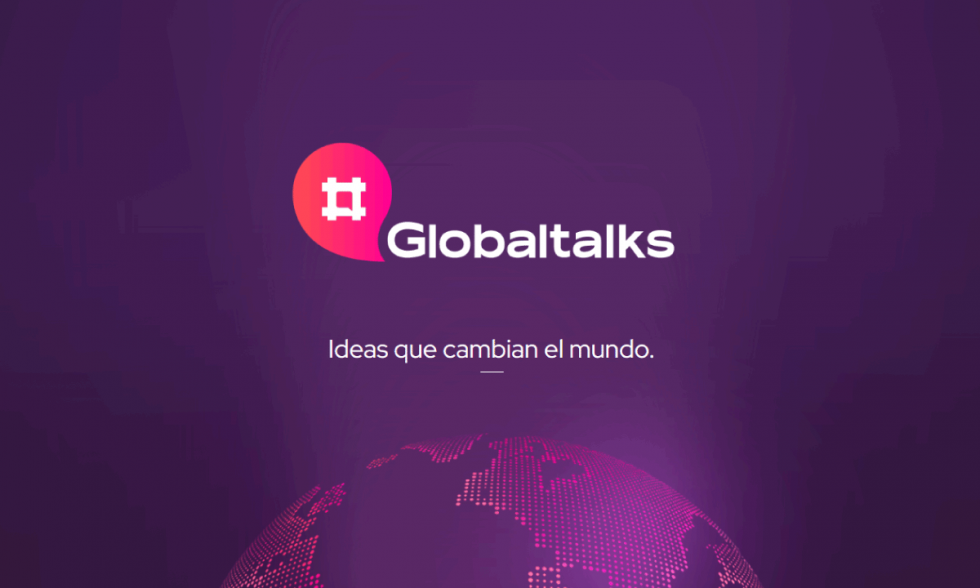Online Education Redefines the Future of Professional Learning Worldwide
The evolution of education in the last decade has been nothing short of revolutionary. What was once considered a secondary option—learning through screens—has now become the main driver of professional and academic growth. Across continents, online education is rewriting the standards of quality, access, and innovation in higher learning.
According to Grand View Research, the global e-learning market is projected to exceed $550 billion by 2030, driven by rapid technological progress and the rising demand for lifelong learning. Meanwhile, UNESCO highlights that online platforms have increased access to higher education for millions of people who previously faced economic or geographic barriers.
This global transformation reflects a deeper shift in priorities: education is no longer defined by physical spaces, but by the ability to connect, learn, and adapt in a digital environment.
Flexibility and Personalization as Core Strengths
The power of online education lies in its ability to adapt to each learner’s rhythm. Digital platforms offer the freedom to study anytime and anywhere—something increasingly vital in a labor market that values agility and continuous learning.
Data from LinkedIn Learning (2024) shows that 91% of global companies have integrated online training programs to upskill their teams, while 80% of professionals prefer virtual learning due to its flexibility and relevance. Additionally, a report by IBM found that students in digital environments learn up to five times more material compared to those in traditional classrooms, largely due to interactive tools and self-paced modules.
The personalization of learning—through data analytics, AI recommendations, and adaptive course designs—has elevated online education to a level where it can meet the unique goals of every student.
Measuring Impact Beyond Attendance
Unlike traditional education, where progress often depends on exams and attendance, digital learning introduces measurable insights into performance and engagement. Learning Management Systems (LMS) track every interaction, allowing educators and institutions to provide personalized feedback and continuous assessment.
This model turns education into a dynamic process of constant improvement. Students not only consume information—they interact with it, collaborate globally, and build communities of practice that transcend borders.
In Europe, nearly 47% of internet users took an online course in 2023, while in Latin America, more than 60% of higher education institutions now offer hybrid or fully online programs, according to Eurostat and regional studies. The trend reflects a global consensus: digital education is not a temporary adaptation, but a sustainable model for the future.
Rethinking Access and Sustainability
Online learning also contributes to sustainability and equity. By eliminating the need for physical infrastructure and travel, it significantly reduces environmental impact while expanding educational access to rural and underserved regions.
This democratization of knowledge supports global development goals. It empowers individuals to pursue education regardless of their location, age, or socioeconomic status, aligning with the United Nations’ Sustainable Development Goal 4: ensuring inclusive and equitable quality education for all.
Instituto de la Empresa: Innovation Through 100% Online Education
Within this global context, Instituto de la Empresa, a higher education institution specializing in online learning, exemplifies how digital education can merge flexibility, quality, and international reach.
Based in Spain, Instituto de la Empresa focuses on business and management programs delivered entirely through digital platforms. Its methodology integrates interactive resources, practical assignments, and real-time mentorship designed for professionals who seek to advance their careers without compromising their work or personal life.
The institution’s programs emphasize global competence, technological literacy, and strategic thinking—skills that are essential in the modern workplace. By leveraging innovative learning models and digital collaboration tools, Instituto de la Empresa empowers students from around the world to connect with expert faculty and peers in an immersive online environment.
A New Definition of Learning
The global education landscape is moving toward a model defined by accessibility, inclusivity, and continuous innovation. Online learning has proven its ability to deliver measurable results, foster collaboration across cultures, and equip learners with the digital skills needed to thrive in a connected world.
Instituto de la Empresa represents this new vision of education—one that recognizes that learning is not bound by geography, but enabled by technology. As the digital economy expands and professionals demand more flexible, effective ways to grow, online education will continue to shape the leaders of tomorrow.
The classroom of the future is no longer confined to four walls—it exists wherever there is curiosity, ambition, and a connection to the internet.
Related Articles

The most recent edition of GlobalTalks brought together entrepreneurs from around the world to examine the role of personal branding in strengthening business growth and digital visibility. The event was led by branding specialist and award-winning marketing professional Miriam Collado.

Online specialization programs have become a powerful catalyst for professional growth worldwide. International institutions are responding by offering advanced learning pathways that align with global workforce demands.

Jeff Bezos has launched Project Prometheus, a new artificial intelligence company aiming to compete with the world’s leading developers of advanced AI systems. The venture begins with a strong international hiring strategy and ambitions to influence the direction of global AI research.
Todos los derechos reservados

Comentarios